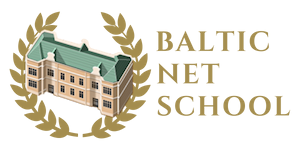
Russian and English - these are my subjects. It might seem that they could get in each other's way and it would be best to focus on one thing alone. But it's exactly the opposite, both languages help me in the process of working with students. I teach an English language course for beginners - basic and oral. Right away, I notice the mistakes of my students, who are painfully trying to translate phrases from Russian to English, calculating, mixing up tenses and making long phrases. The knowledge of the Russian language helps me explain the mistakes to my students. I tech them to memorize English phrases in short blocks and remove the Russian language from their subconscious, because literal translations are impossible. But in some cases, comparisons to the Russian language help me out because it is easier for students to memorize using associations. For the past few years, two languages have helped me teach Latvian, Austrian and Swedish students the Russian language through communicative English. Once, I had a case where my student lived in Indonesia with his parents and went to a British school for the first few years. He was great at talking and writing in English, while Russian stayed at a speaking level at home. Then, the family came back to Russia and the boy went to a school in Moscow, where the bad grades in Russian class started. I took this situation into my own hands, helped him gain back the Russian language and writing skills. I prepared him for applying to the prestigious Skolkovo Gymnasium. The knowledge of the English language helped me analyze his mistakes, which were typical for English students. Now, Vadim writes great essays and articles in both languages.

